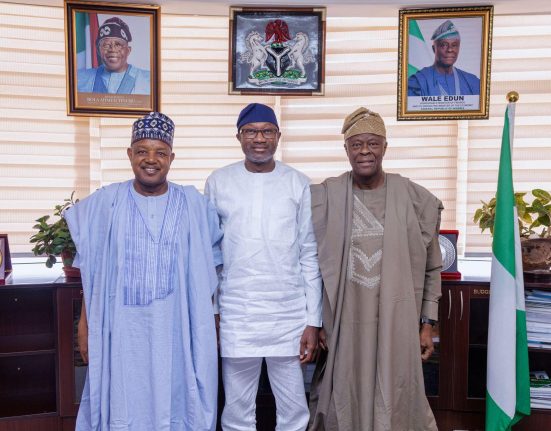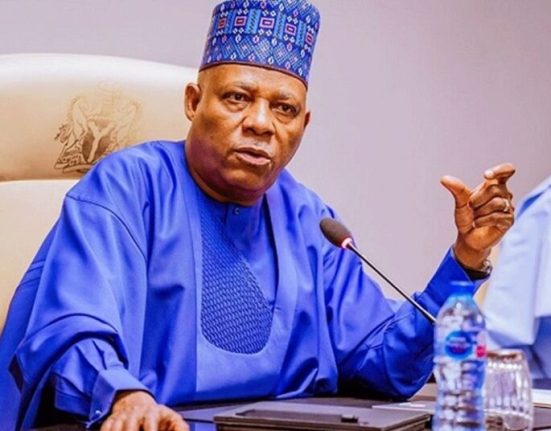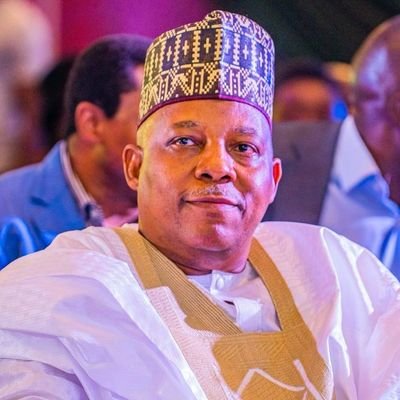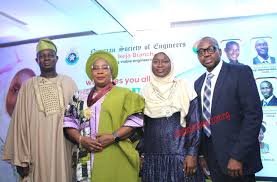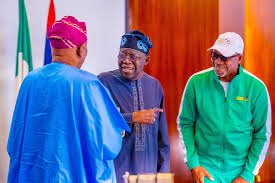President Bola Ahmed Tinubu has reiterated Nigeria’s commitment to regional unity and democratic progress, declaring that West African nations are “better off together” in the face of growing political and security challenges.
The President made the remarks on Thursday at the Presidential Villa in Abuja while receiving the Letters of Credence from the new Ambassador of the Republic of Mali, Cheick Oumar Coulibaly. The diplomatic engagement served as a reaffirmation of Nigeria’s stance on regional cooperation despite recent tensions within the Economic Community of West African States (ECOWAS).
In his address to the Malian envoy, President Tinubu, who also serves as the Chairman of ECOWAS, emphasized the need for sustained collaboration among West African nations. “We are one in West Africa and Africa. No nation can succeed alone. Unity is our strength, and we must continue to uphold the values that bind us together,” he said.
President Tinubu also conveyed a message of goodwill to Malian transitional leader, Colonel Assimi Goïta, expressing hope that the country would soon return to democratic governance. “We hope to see Mali achieve its democratic goals and we are open to supporting that journey in any way possible,” he added.
The meeting comes amid a diplomatic rift following Mali’s withdrawal from ECOWAS, alongside Niger and Burkina Faso, in early 2024. The three Sahel countries, all led by military juntas, accused the regional bloc of overreach and bias in its handling of their internal affairs. However, President Tinubu has maintained a position of engagement, urging peaceful dialogue and regional stability.
Ambassador Coulibaly, in his response, thanked President Tinubu for Nigeria’s continued leadership in West Africa and expressed Mali’s readiness to deepen bilateral ties with Nigeria.
The exchange marks a diplomatic thaw between Abuja and Bamako, with both nations signaling willingness to cooperate on issues of mutual interest including trade, security, and democratic governance.
President Tinubu’s administration has placed emphasis on strengthening Nigeria’s foreign policy footprint in Africa, especially through multilateral platforms like ECOWAS and the African Union, amid evolving political realities on the continent.



